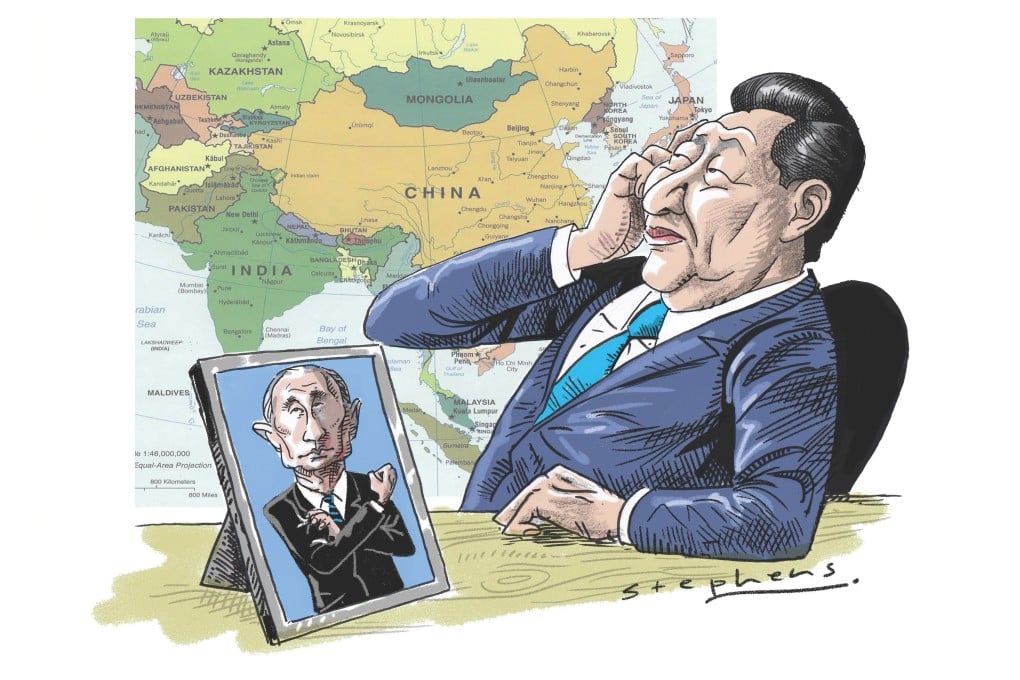Xi Jinping and the Putin effect
Tim Collard wonders how much Putin's hardline approach to regional security and opposition to the West have influenced Xi's thinking, while creating the conditions for a tacit friendship

China's policy in recent years has been to take an increasingly hard line in defence of the government's positions both domestically and regionally. However, there is no sign of a greater tendency to try to impose the leadership's policies at a greater distance from home.
China has, consistently and understandably, criticised the West for an excessive tendency towards long-distance intervention, which has frequently failed to achieve its aims and brought with it unintended and unwelcome consequences; and China has shown no signs of wishing to emulate this tendency.
But China has adopted increasingly hardline policies within its own region. It has taken a tough line on Japan, and with territorial rivals in the South China Sea. The multilateral approach may be appropriate for far-off regions like the Middle East; but in East Asia, China is aiming for unchallenged regional leadership.
How much of that is due to the example of Russian President Vladimir Putin? Putin has shown disregard for international agreements in favour of a policy of overt regional dominance.
The response to the disturbances in Ukraine last year was the annexation of Crimea, in direct contravention of a 1994 treaty guaranteeing Ukraine's borders. Putin considered, rightly, that what was important was not what international agreements said, but what he was able to do; he knew that the West was not able to stop him and that no one else would care.
China has until now refused to take sides in this dispute; but now, in remarks made by Qu Xing, its ambassador to Belgium, China has effectively endorsed the Russian position that Moscow's "legitimate security interests" are more important than the sovereignty of neighbouring states. And China is in an even better position to take matters into its own hands, in that it is far less constrained by economic factors than Russia. Russia's defiance of Western sanctions may or may not succeed: but such considerations could never be applied to China.
Both sides have defined their position against what they see as the West's claim to be the sole arbiter of international morality. But it would seem that this has not resulted in redoubled joint efforts to oppose the West in the UN Security Council; in fact, the importance of the Security Council in the resolution of international security issues has declined. And it is also not the case that Russian and Chinese interests in the world are identical; the two countries would be prepared to clash if it proved necessary. But they have established a tacit agreement not to criticise or openly oppose one another for the time being.
